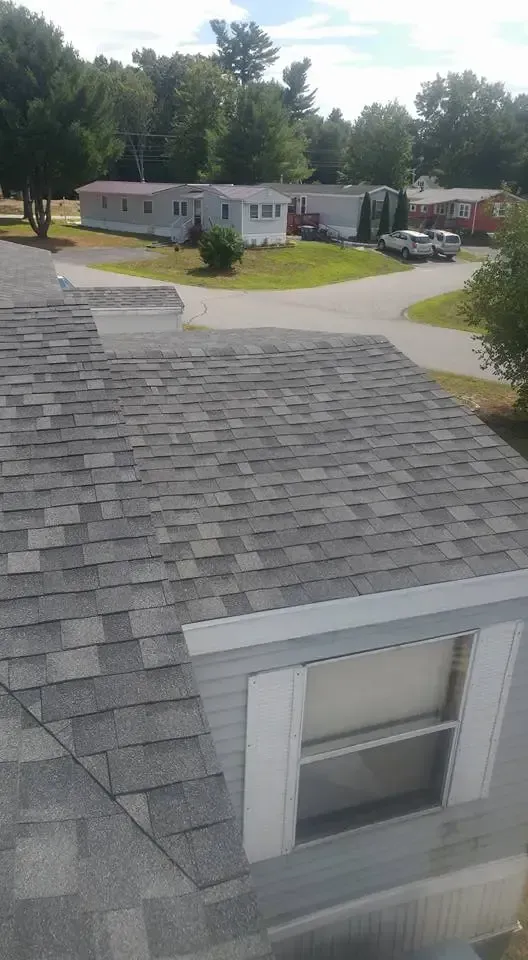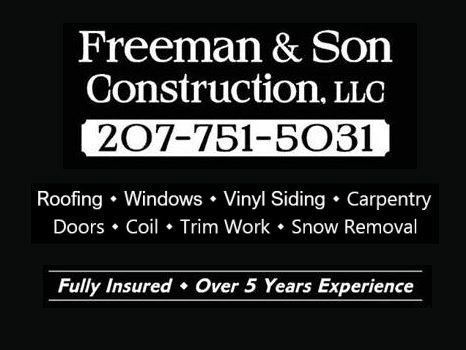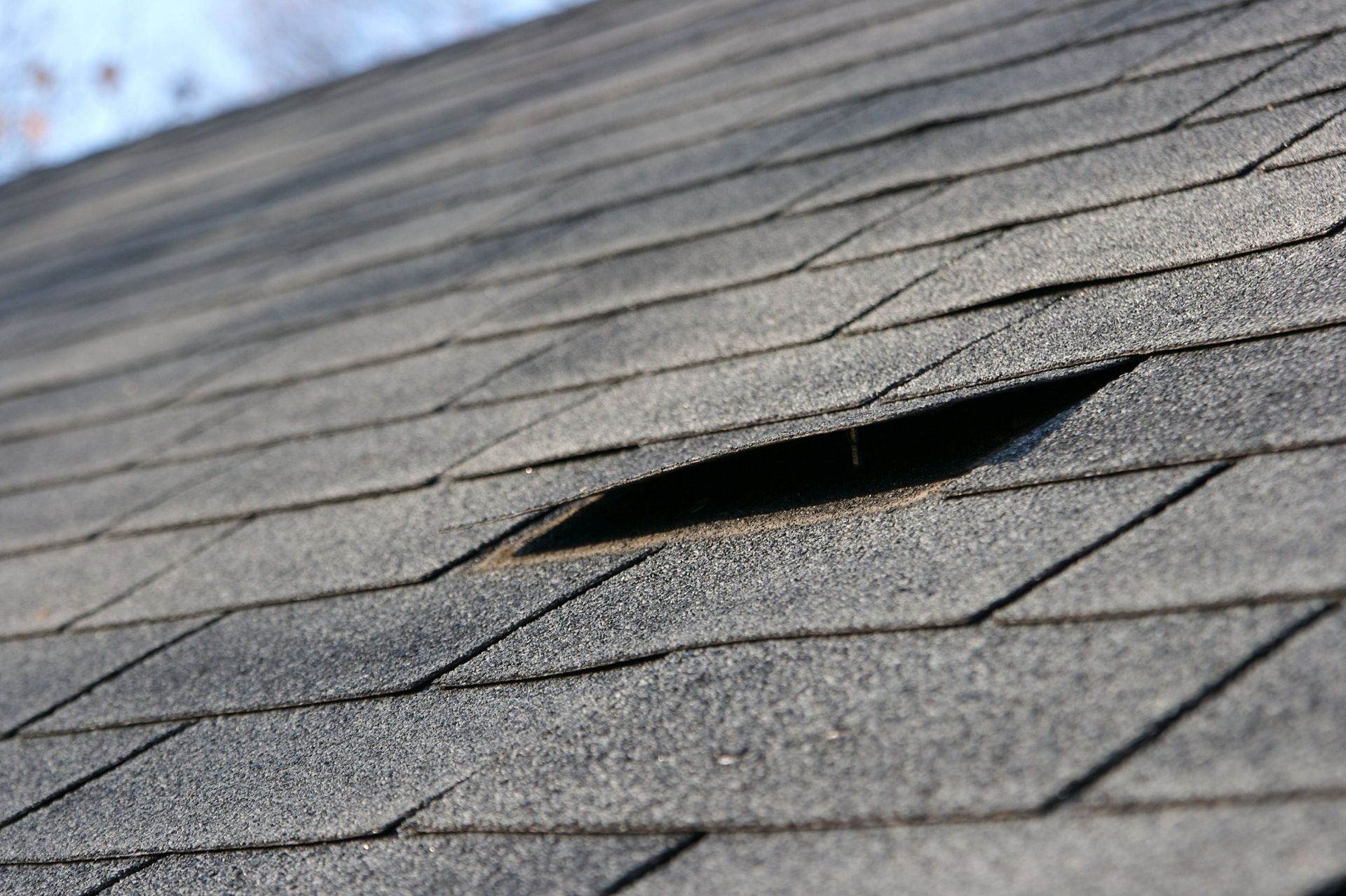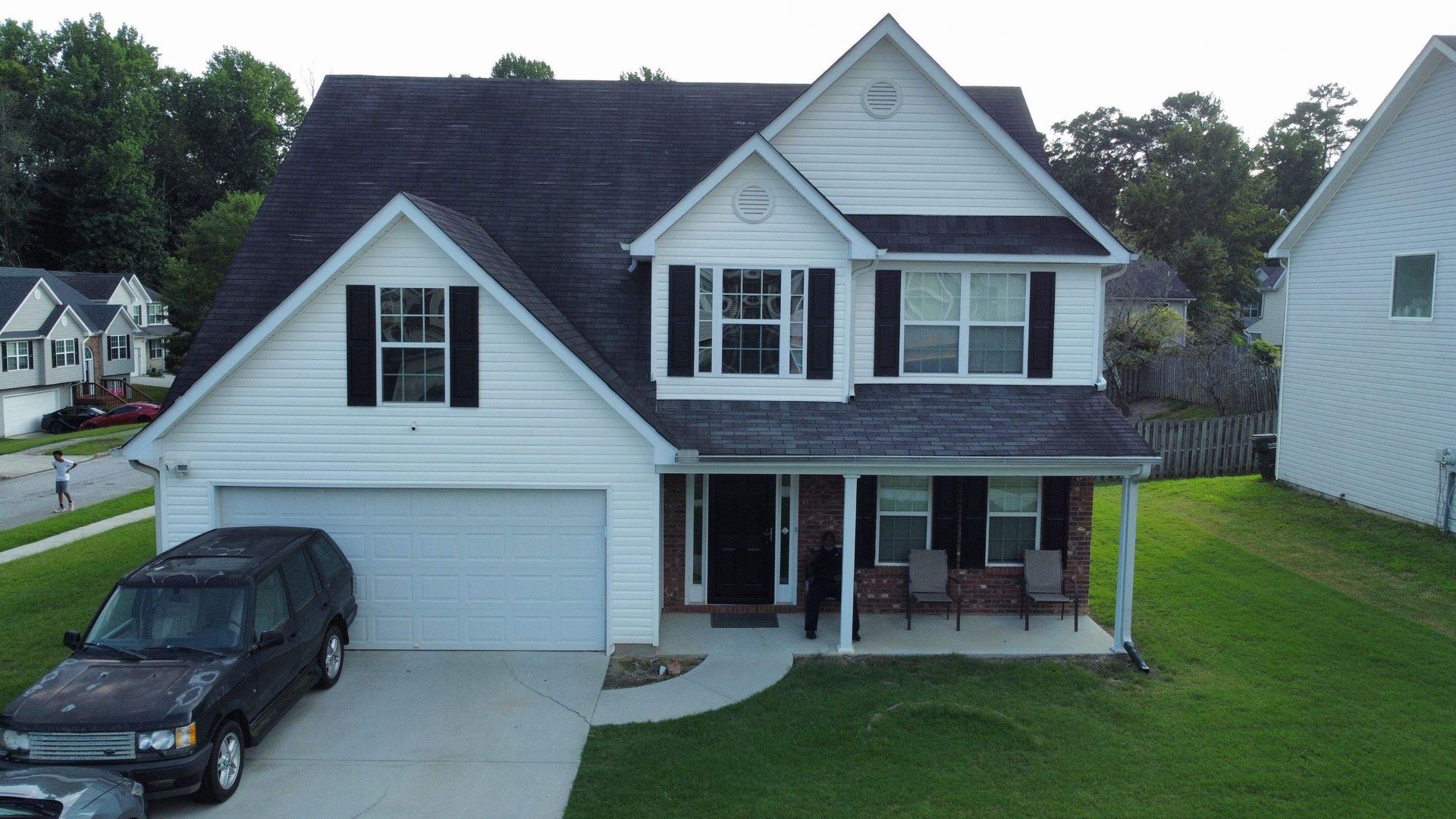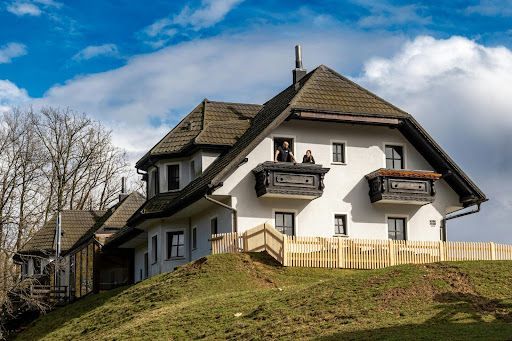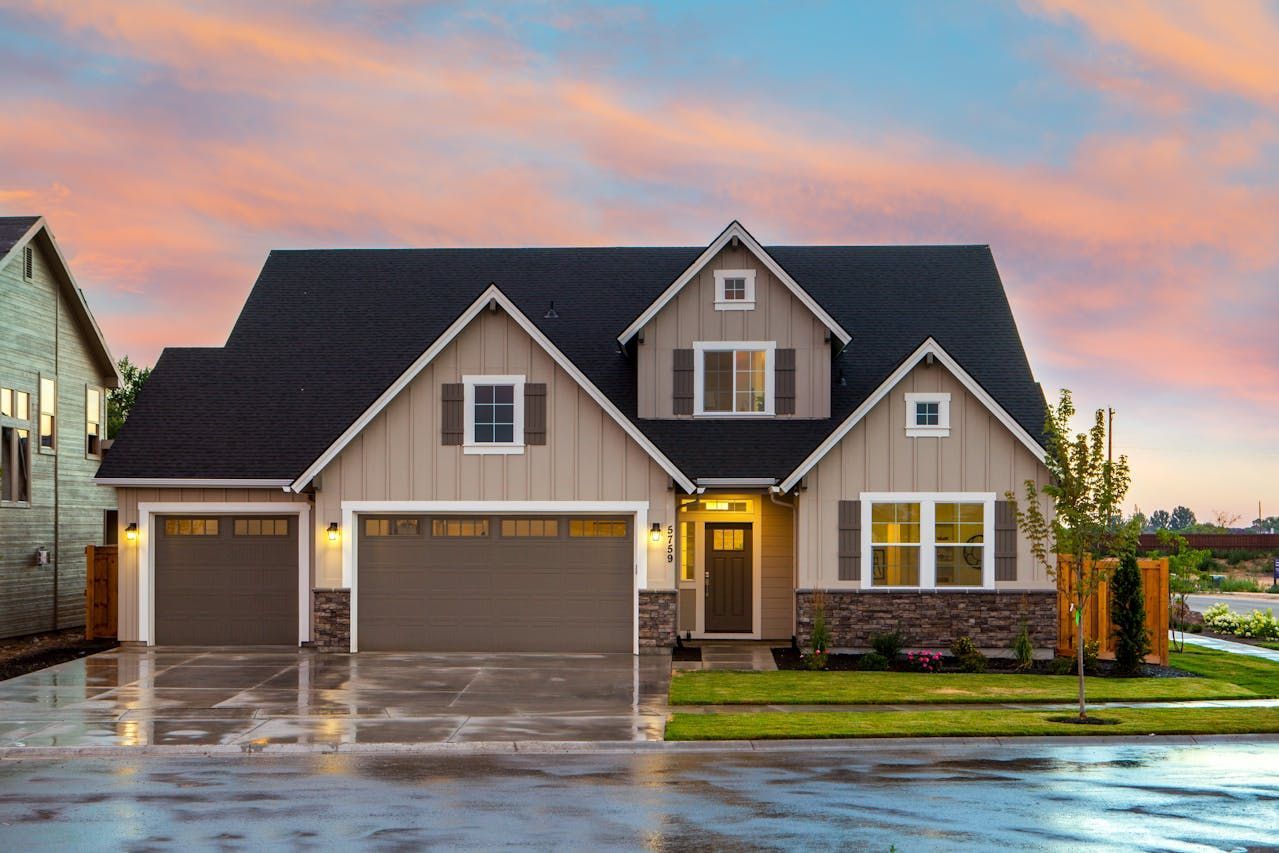Year-Round Roofing Maintenance Tips for Maine Homeowners
See how you can extend the longevity of your roof.
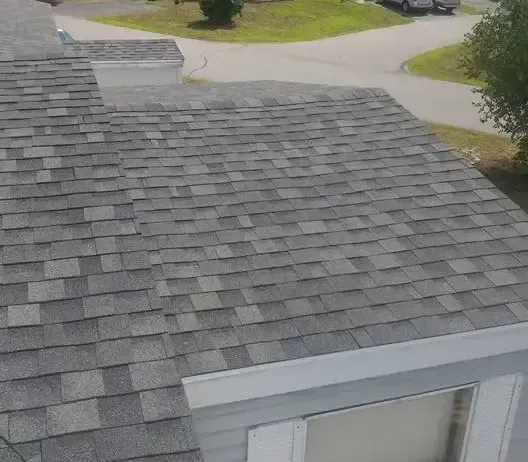
Maine’s rugged seasons can take a serious toll on your roof. From heavy snow and ice in the winter to wet springs and hot, humid summers, your roof is your home’s first line of defense. Regular maintenance can extend the life of your roof, help you avoid costly repairs, and give you peace of mind—no matter what the weather brings.
Inspect Your Roof Twice a Year
We recommend inspecting your roof in the spring and fall. Look for missing or curled shingles, signs of moss or algae, cracked flashing, and damage around chimneys or skylights. Binoculars from the ground or a professional inspection can safely get the job done.
Keep Gutters Clean
Clogged gutters can lead to water backup and ice dams—common culprits behind roof leaks in Maine. Clean your gutters at least twice a year and after major storms. Make sure downspouts are clear and draining away from your foundation.
Trim Overhanging Branches
Trees close to your roof can cause damage in high winds or from falling limbs. They also contribute to moss and debris buildup. Keeping branches trimmed back not only protects your roof but also helps prevent animal access.
Watch for Ice Dams in Winter
Maine winters are no joke. Ice dams form when heat escapes from your attic, melting snow that then refreezes at the eaves. This can force water under your shingles. Proper attic insulation and ventilation are key in preventing this common problem.
Schedule Professional Inspections and Repairs
Even a small issue can lead to big problems if ignored. If you're unsure about your roof's condition—or spot any signs of trouble—contact a local roofing professional. Annual inspections can catch minor damage before it turns into a major repair.
At [Your Roofing Company Name], we know Maine roofs. Whether you need a routine inspection, seasonal maintenance, or emergency repairs, our team is here to help protect your investment year-round. Contact us today for a free roof assessment and keep your home safe, dry, and energy-efficient in every season.
